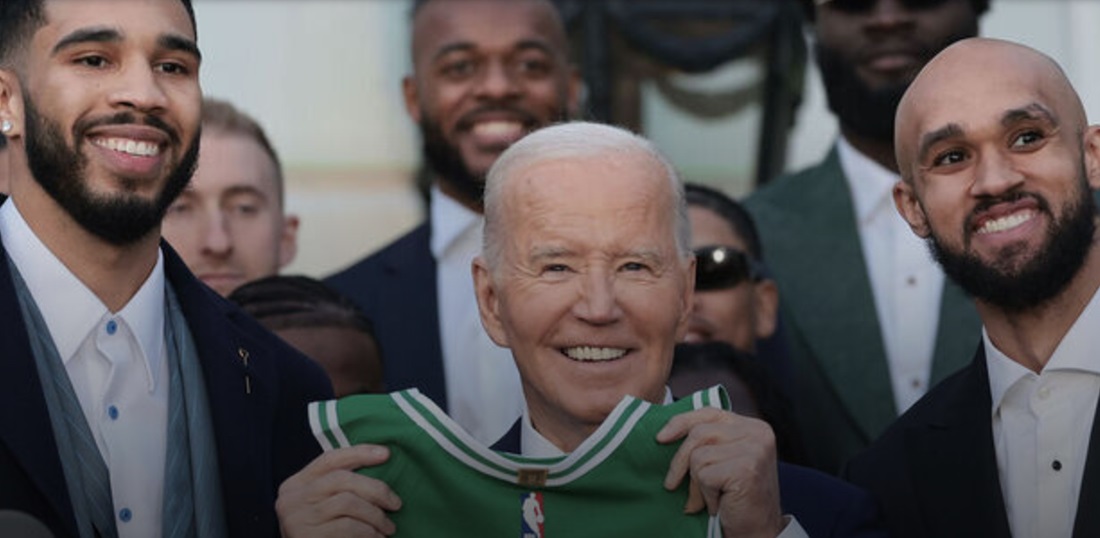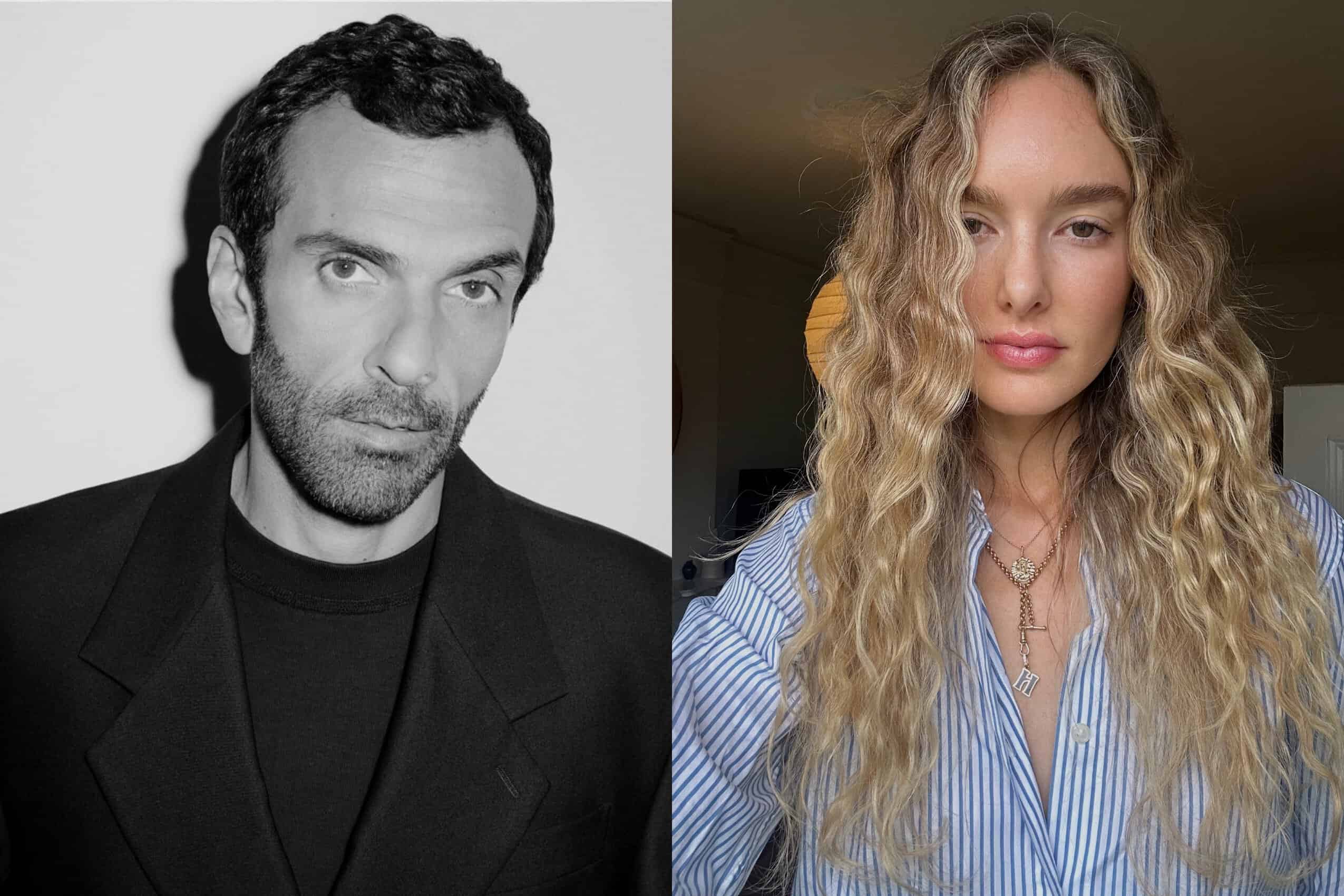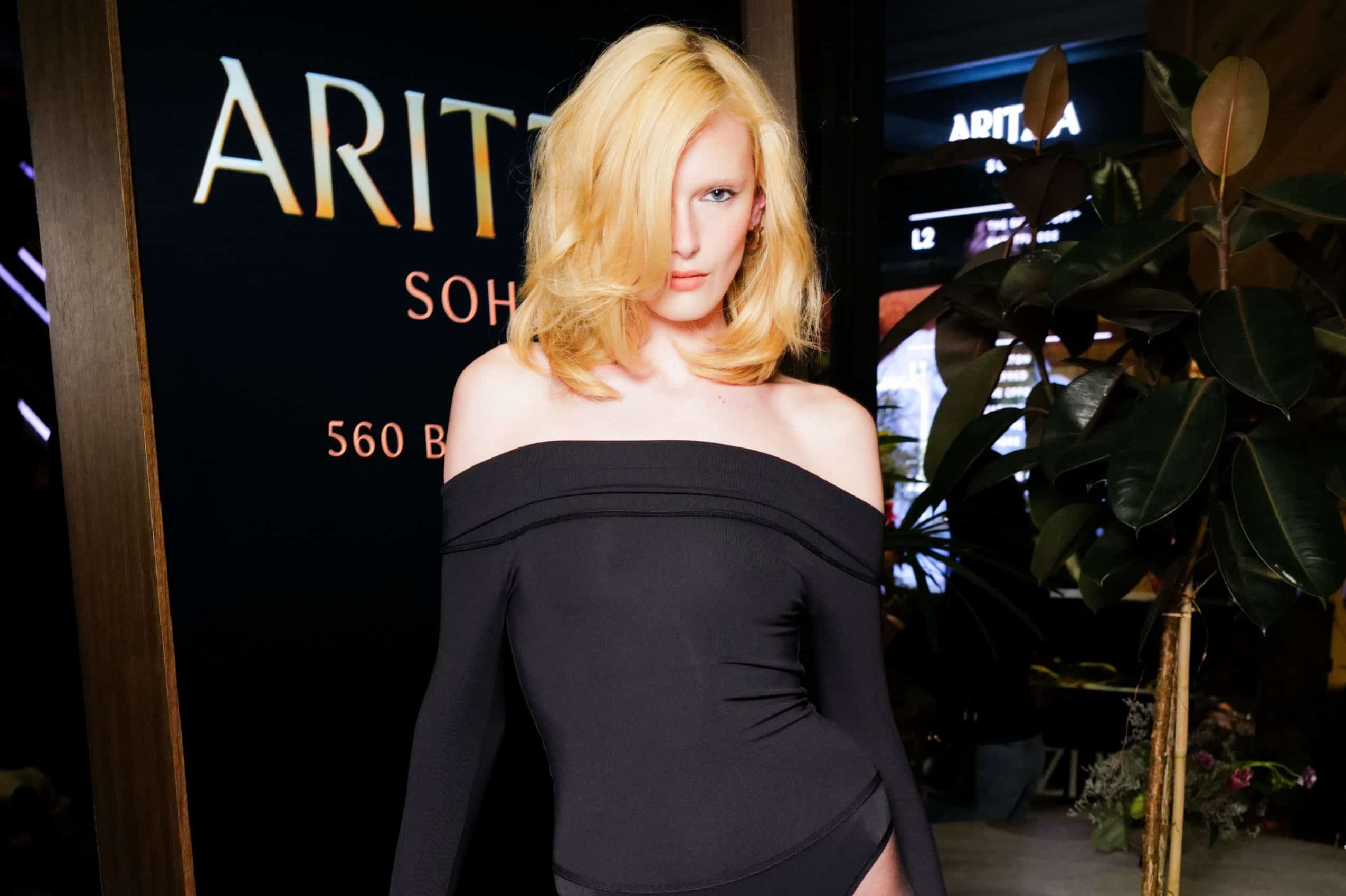There’s a reason why we’re still talking about America Ferrera’s “Barbie” monologue months after the blockbuster was released. While presenting the Best Supporting Actress award during the 2024 Oscars, Rita Moreno gave an emotional speech about Ferrera, who was nominated for her role of Gloria in the pink-filled film. While Ferrera didn’t wind up taking home an Oscar — the award instead went to Da’Vine Joy Randolph for her role in “The Holdovers” — Moreno’s speech left folks in the audience trying to understand why.
“America. Your powerful Barbie monologue is perhaps the most talked-about moment in the most talked-about movie of the past year,” Moreno said. “Your words and the passion with which you delivered them about the most impossible standards females must try to live up to galvanized not only women but everyone with a pulse.”
Even the way Moreno pronounced “America,” with a Spanish accent and in a sing-song-y voice referencing her iconic role in “West Side Story,” was powerful. It made the statement that women like Ferrera are just as American as anyone else living in this country.
By now, many people have seen Gloria’s impactful speech in which she tells Margot Robbie’s Barbie the truth of what it means to be a woman. She breaks down all the impossible and contradicting expectations that are constantly placed on women.
The moving monologue pulled at the audience’s heart strings because it put in plain terms what women have had to endure for centuries and in today’s still very patriarchal society. The fact that this speech was delivered by a Latina actress playing a Latina character made it resonate that much more for me. For any woman who holds intersectional identities, society’s impossible expectations become that much more impossible.
As Latinas, we’re told we need to be thin regardless of if we’ve had children or not and regardless of any health issues we might have. But we also need to have big boobs, a big butt, and wide hips — hence why plastic surgery is so popular in our communities. We have to be strong but we also are expected to be submissive, especially with our partners. We’re told we need to lead and carry everyone from our spouses to our children, but if we pour into ourselves, we’re selfish. We’re supposed to be beautiful and sexy enough to make any man lust over us, but if we’re too sexy, we’re sluts and we deserve whatever disrespect men throw at us.
While we still very much live in a patriarchal society, I am proud to be a Latina living in a time where we are finally encouraged to love ourselves and recognize that despite the unrealistic expectations that are constantly placed on us, we are in fact, enough. I am proud to be living at a time when women are finally throwing those oppressive expectations out the window and giving less f*cks about existing to please the male gaze. We are loving ourselves regardless of our body shape or size. We are embracing aging and recognizing our worth, even if that means being “boy sober” or refusing to allow the biological clock dictate our lives.
Ferrera ends her powerful speech saying, “I’m just tired of watching myself and every single other woman tie herself into knots so that people will like us. And if all of that is also true for a doll representing women, then I don’t even know.”
While the patriarchy has continued to exist since the “Barbie” movie came out and since Ferrera’s monologue went viral, I am proud of the impact it has had on so many girls and women. Sometimes all it takes is having our experiences explained right back at us for us to decide we’re no longer giving in to the pressure.
Ferrera might not have taken home an award Sunday night, but like the true artist and changemaker she is, she left a mark with that speech that is already creating shifts in our culture. Her performance is just one step forward toward future generations of girls and women not having to experience the impossible expectations that have given us so much grief for centuries. That’s worth more than any Oscar in my book.
Johanna Ferreira is the content director for POPSUGAR Juntos. With more than 10 years of experience, Johanna focuses on how intersectional identities are a central part of Latine culture. Previously, she spent close to three years as the deputy editor at HipLatina, and she has freelanced for numerous outlets including Refinery29, Oprah magazine, Allure, InStyle, and Well+Good. She has also moderated and spoken on numerous panels on Latine identity. .
You can view the original article HERE.

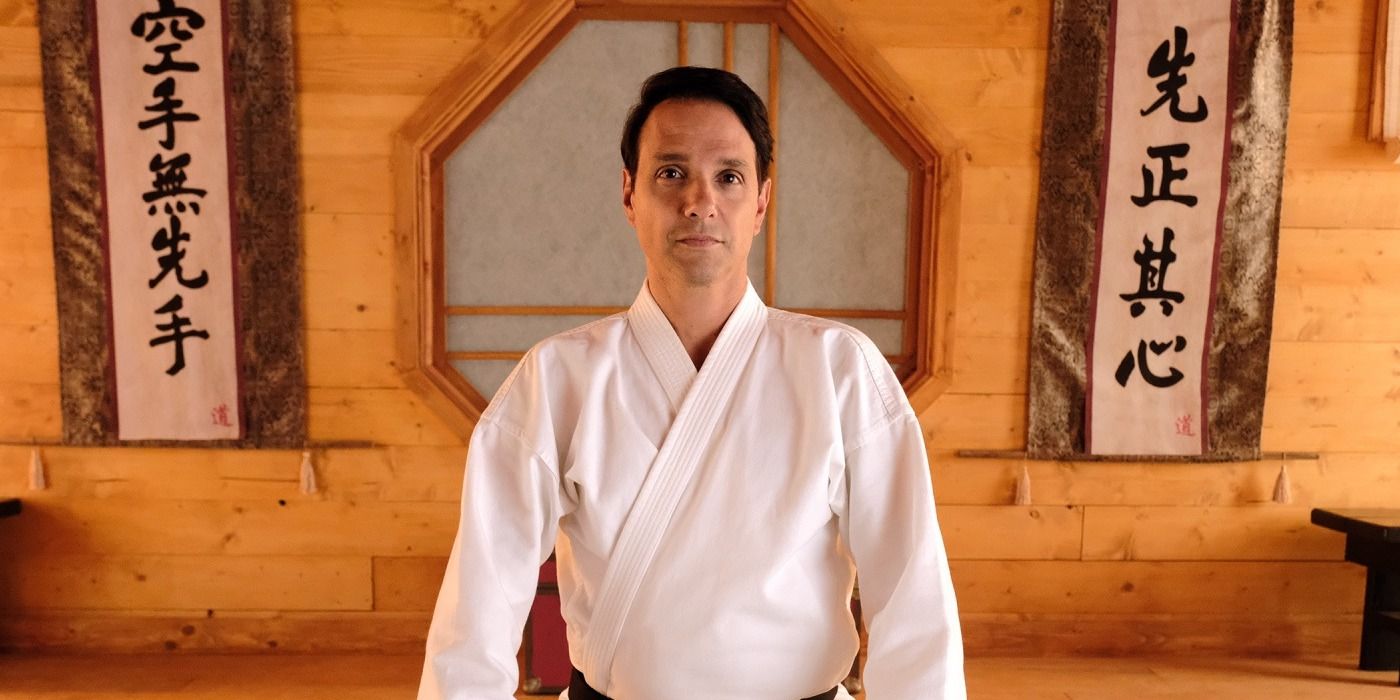


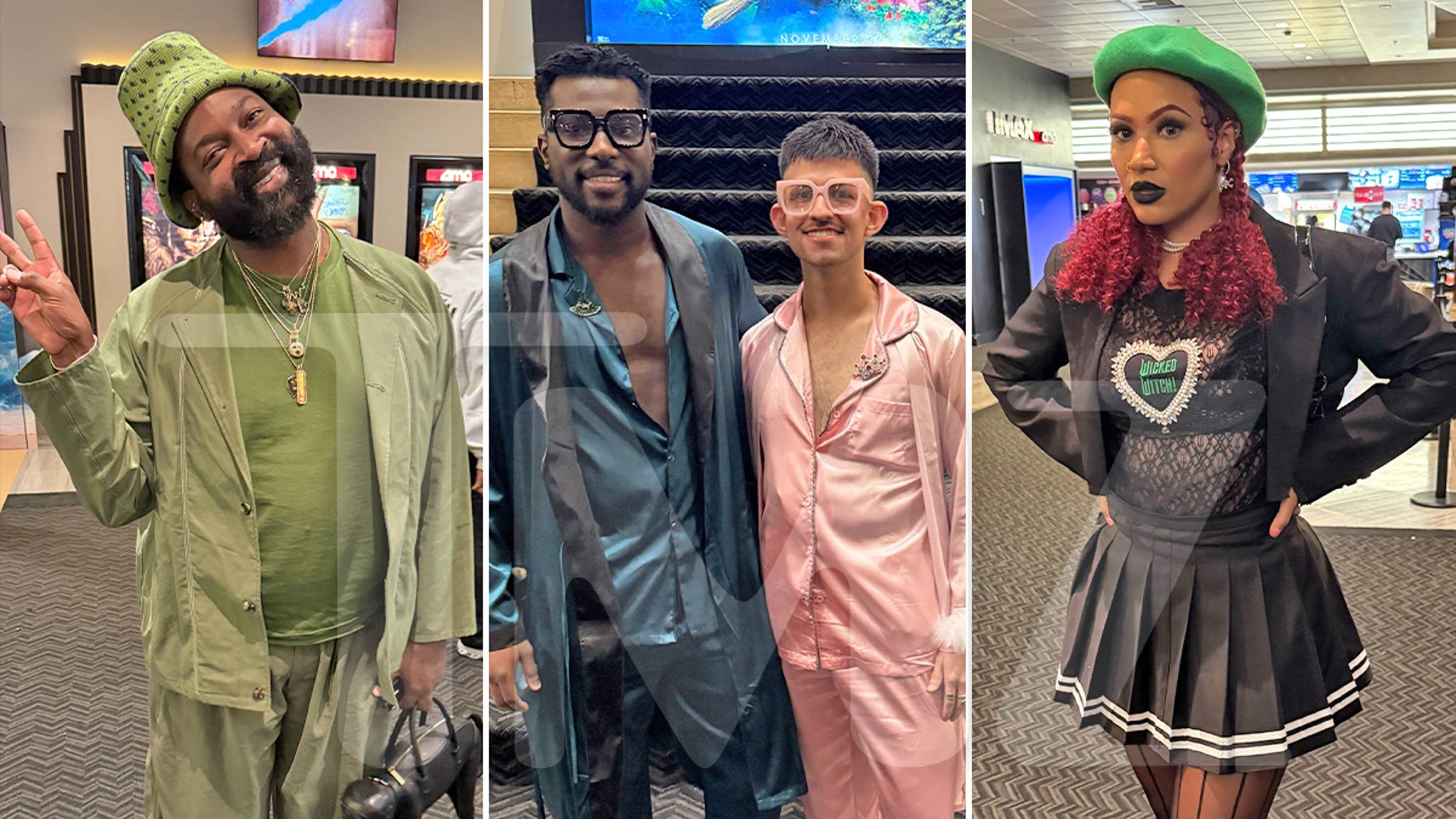

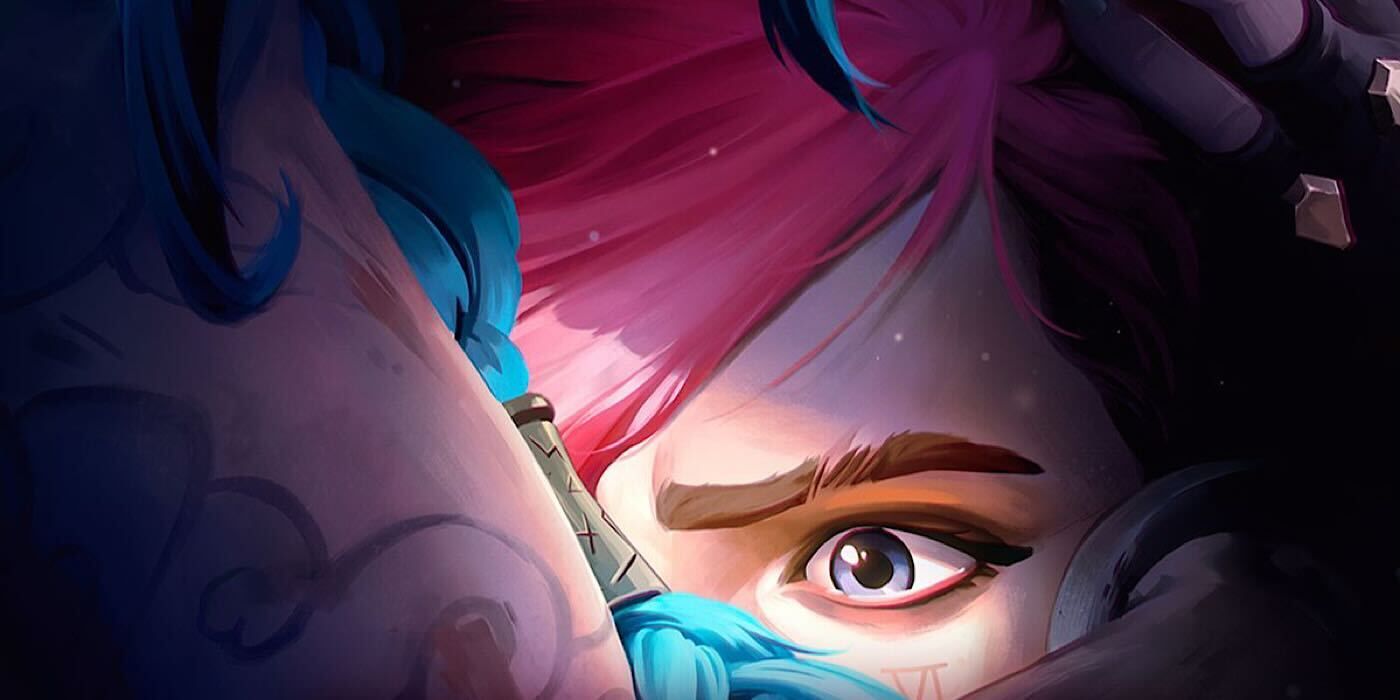

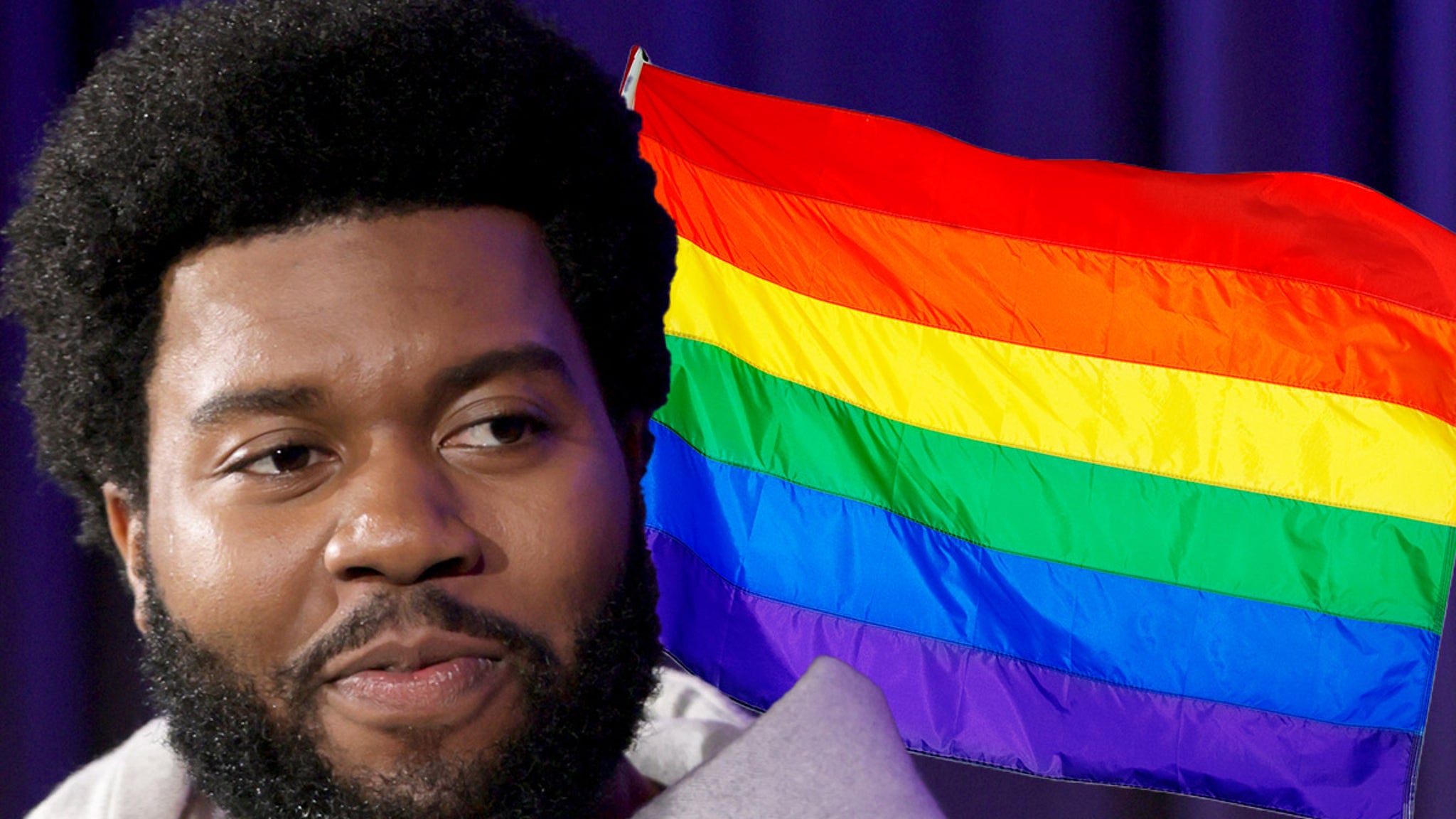



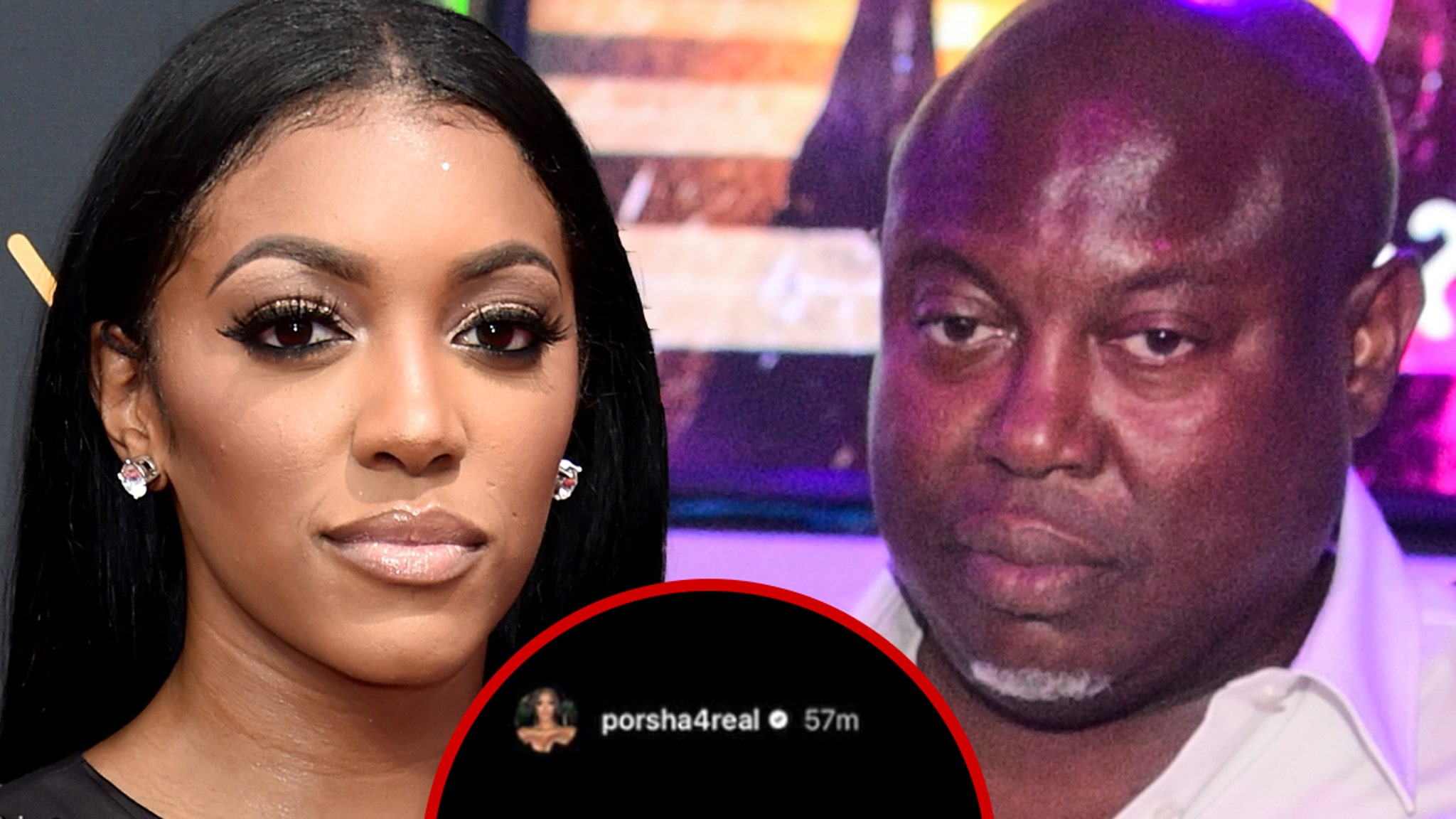
:quality(85):upscale()/2024/03/11/804/n/1922398/097d29a765ef4b1882eb65.13722400_.jpg)
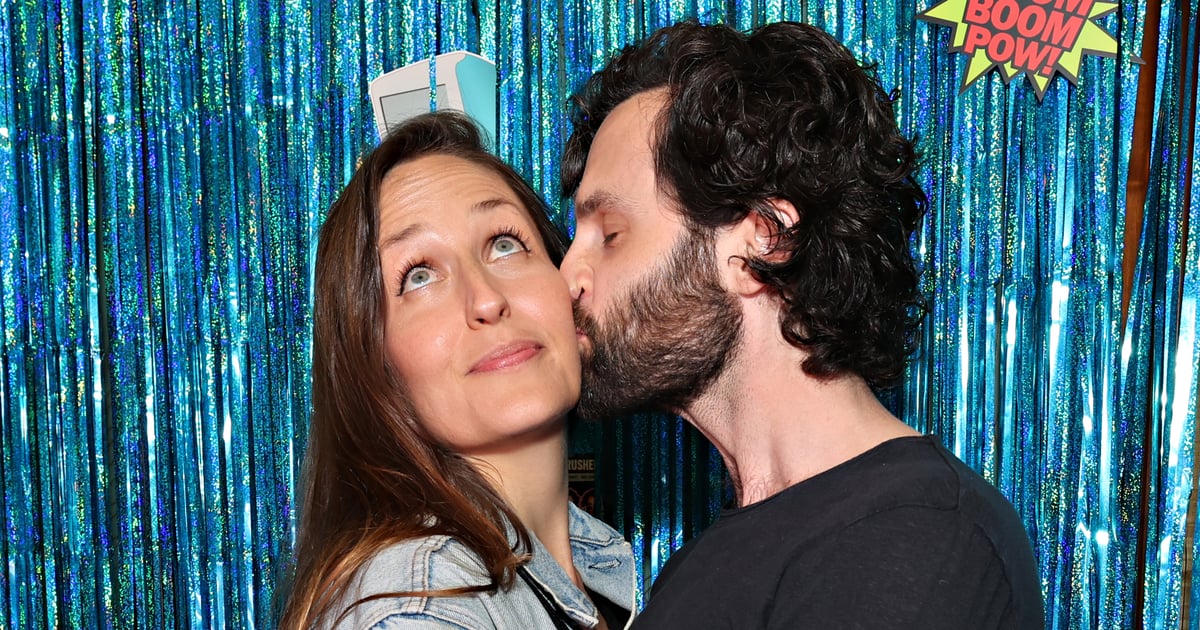
:quality(85):upscale()/2023/10/05/993/n/48559432/a70ec8f4651f3d9f96e529.01935524_.jpg)
:quality(85):upscale()/2024/09/19/895/n/1922283/e654c37d66ec89a3911ce6.42966442_.png)








